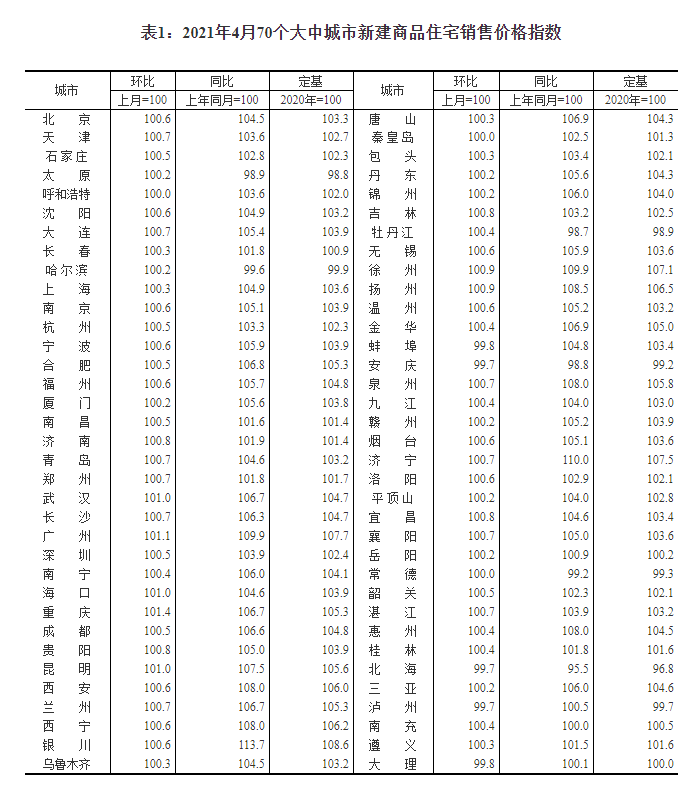 (资料图)
(资料图)
BEIJING, August 23 (TMTPOST)— One of China’s largest e-commence retailer stressed confidence in its homeland after it recorded better-than-expected results in a highly challenging quarter.
Source: Visual China
JD.com beat the Wall Street expectations both the top and bottom line in the quarter ended June 30, 2022. It posted revenue of RMB267.6 billion (US$39.07 billion) with a 5.4% year-over-year (YoY) increase, better than analysts’ projection of RMb261.6 billion. Its net profit attributable to ordinary shareholders surged to RMB4.4 billion, 5.5 times more than the quarterly profit a year earlier, far more than the analysts’ estimate of RMB1.36 billion. Its adjusted earnings per American depositary share (ADS), topping the expected RMB2.80.
During the April to June quarter, JD had annual active customer accounts of 580.8 million, missing the market estimates of 600 million, and it just added 300,000 active customers quarter-over-quarter (QoQ), the smallest increase since the fourth quarter of 2018. But the daily active users (DAUs) on JD platform increased 25% YoY and JD Plus, the first paid membership program in China’s e-commerce industry, has exceeded the milestone of 30 million registered members in July
On a call with analysts, JD.com CEO Xu Lei admitted his company faced significant challenges, mainly due to Covid-19 pandemic, as he called the second quarter “the most challenging quarter since we"re listed". JD"s peer Alibaba, the top e-commerce company in China, earlier this month reported its first YoY decline in revenue and the net income dropped 50% YoY.
Xu expressed confidence in Chinese market despite of short-term negative effects from economic slowdown in the country. Economic growth has its cycle but it doesn’t mean the forces to drive the development disappear, and the retail industry can keep growing despite economic cycle, Xu said. He expected China to develop into world"s largest market by consumer spending in the long run, though with different market structure. To be more specific, he noted JD would certainly see increases of users in markets of third-tier or other small cities and rural areas, while the senior consumers would become important as the age structure and spending power in different age groups in China are changing.






